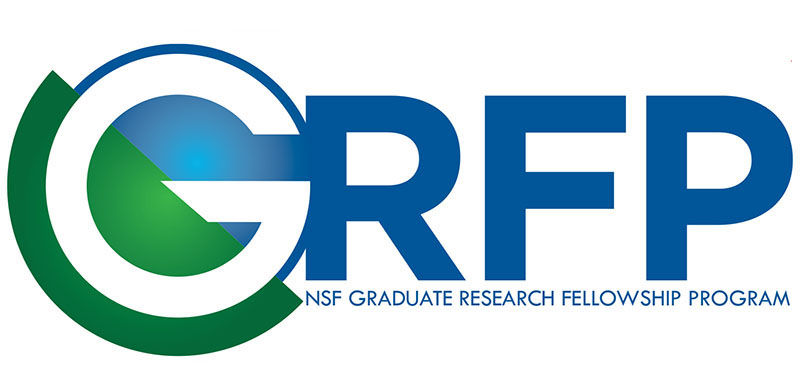Eight Villanovans Recognized by the National Science Foundation Graduate Research Fellowship Program
April 27, 2020
The National Science Foundation (NSF) announced three University students and alumni as NSF Graduate Research Fellows, and an additional five received Honorable Mention. The NSF Graduate Research Fellowship Program (GRFP) recognizes and supports accomplished graduate students in NSF-supported science, technology, engineering and mathematics (STEM) disciplines who are pursuing research-based master’s and doctoral degrees at accredited institutions in the United States.
This year’s GRFP winners from the University include Mackenzie Jorgensen ’20, who is pursuing a Bachelor of Science degree in computer science and philosophy, and two University alumni — Elizabeth (Libby) O’Brien ’19 CLAS, who graduated cum laude with degrees in environmental studies and philosophy, and Joseph Schaadt ’15 COE, who graduated with a degree in mechanical engineering, also received top honors.
Ryan Allen’18 CLAS, Chemistry, Isabella Burda’19 CLAS, Biology, Gianna Perez’19 CLAS Cognitive and Behavioral Neuroscience, Michael Ryan Henderson’20 CLAS, Psychology, Theology and Religious Studies and Christopher Israel’20 COE, Electrical Engineering were five University students and alumni who received Honorable Mention from the GRFP.
“The continued success of Villanova students and alumni in the NSF Graduate Research Fellows programs illustrates the ability of our students to achieve great things, along with the University’s commitment to providing research opportunities that enrich the student experience and that positively benefit society,” University Provost Patrick G. Maggitti, PhD said. “On behalf of the entire community, I want to congratulate our three NSF Fellows, as well as those who received an honorable mention on this outstanding recognition of their work.”
The NSF-GRFP assists in maintaining the passion and diversity of the scientific and engineering workforce of the U.S., by acknowledging and assisting outstanding graduate students engaged in full-time, research-based master’s and doctoral degrees in STEM or in STEM education. The NSF places emphasis on reassuring women, members of underrepresented minority groups, persons with disabilities, veterans and undergraduate seniors to apply. The GRFP provides three years of support for the graduate education of individuals who have demonstrated their potential for significant STEM research achievements.
NSF Fellows are essential to maintaining and advancing the nation’s technological infrastructure and national security, as well as assisting economic welfare of society. Since 1952, NSF has funded more than 50,000 Graduate Research Fellowships, out of more than 500,000 applicants. Forty-two Fellows have gone on to become Nobel laureates, and more than 450 have become members of the National Academy of Sciences. In addition, the GRFP has a high rate of doctorate degree completion, with more than 70 percent of students completing their doctorates within 11 years.











